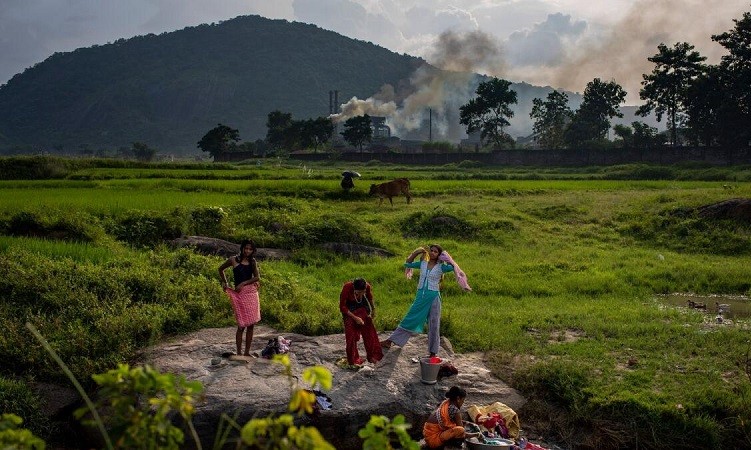
India is set to challenge developed nations' climate commitments, urging them to go beyond mere carbon neutrality and strive to achieve a "carbon negative" status before 2050. According to sources within the Indian government, this bold proposal aims to grant emerging market economies additional time to utilize fossil fuels for their developmental needs. India plans to present this unconventional idea at the upcoming COP28 climate summit in Dubai later this year.
One government official stressed, "We believe that affluent nations should transform into net negative emitters prior to 2050. This approach is essential for the world to reach its ambitious goal of global net zero emissions by that year while permitting developing nations to harness their available natural resources for sustainable growth."
This stance contrasts with the commitments of developed nations such as the United States, the United Kingdom, Canada, and Japan, who have pledged to achieve net-zero emissions by 2050. China, on the other hand, has committed to the same goal by 2060, while India's target is 2070.
In the world of climate goals, "net zero" or "carbon neutrality" signifies that the amount of carbon dioxide released into the atmosphere is offset by actions to remove an equivalent amount. Going a step further, "carbon negative" requires a nation to extract more CO2 from the atmosphere than it emits.
The discussions at COP28 are taking place amid a backdrop of extreme weather-related events, including heatwaves and erratic monsoons, prompting urgent calls for action from scientists and experts.
India remains steadfast in its resistance to the pressures from developed economies to establish a deadline for phasing out fossil fuels. Instead, it advocates focusing on the reduction of overall carbon emissions through "abatement and mitigation technologies," as stated by two government officials and a third high-ranking official.
Given the sensitive nature of these discussions, none of the officials were willing to disclose their names, and no official statements have been made by India's Environment, External Affairs, or Prime Minister's Offices.
Nonetheless, India has committed to ambitious targets, including generating half of its installed power capacity from non-fossil sources and reducing greenhouse emissions to 45% of the 2005 levels as a proportion of its GDP by 2030.
During a recent G20 summit in New Delhi, member countries acknowledged the necessity to phase down unabated coal power but refrained from setting specific timelines or emission reduction goals. This declaration represented a significant step in global climate negotiations, with the G20 countries, responsible for more than 80% of worldwide emissions, agreeing to the idea of reducing coal usage for the first time.
This decision came as a surprise, especially considering that coal-reliant economies such as China, India, and Indonesia had previously resisted the idea of abandoning coal and instead called on developed nations to cease their use of natural gas.
An official concluded, "It's simply not feasible for India to commit to a specific timeline for ending coal usage. Coal will remain a cornerstone of the country's energy mix in the near future, even as we explore the potential of storage and abatement technologies." Notably, data reveals that thermal power stations currently provide 73% of India's electricity, despite the country's efforts to increase non-fossil capacity to 44% of its total installed power generation capacity.